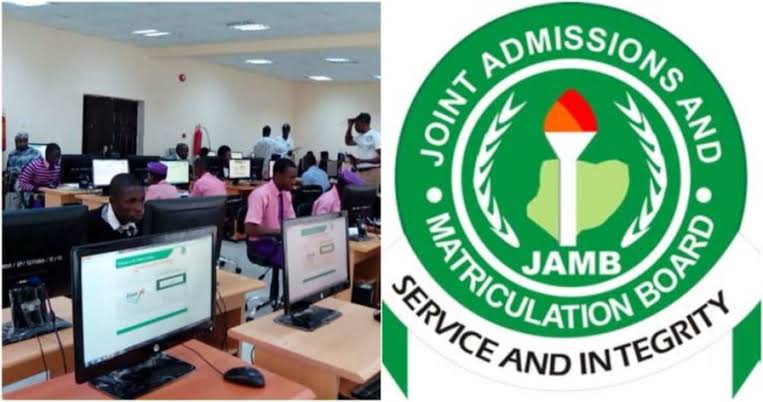The 2025 Unified Tertiary Matriculation Examination (UTME) has taken a troubling turn, with Anambra and Lagos emerging as hotspots for exam malpractices. The Joint Admissions and Matriculation Board (JAMB) reports that 80 suspects are currently under police investigation across Nigeria for their roles in various fraudulent acts during the exam. Anambra leads with 14 suspects, primarily linked to impersonation and one case of picture mismatch, while Lagos follows with nine arrests tied to impersonation, spying, and mobile phone possession. These findings expose a growing threat to the credibility of Nigeria’s examination system and reveal the sophisticated tactics candidates are using to cheat.
New Fraud Techniques Take Center Stage
This year’s UTME uncovered disturbing new methods of cheating that highlight the evolving nature of exam fraud. JAMB’s Registrar, Prof. Ishaq Oloyede, pointed to biometric manipulation—where candidates alter their fingerprints to impersonate others—and collusion with Computer-Based Test (CBT) centers as major challenges. These techniques show how technology, often seen as a solution to exam malpractice, is being twisted to undermine the process. The involvement of CBT centers raises red flags about oversight and accountability, posing a serious hurdle for JAMB’s efforts to maintain a fair testing environment.
2025 UTME Results: A Mixed Outcome
The 2025 UTME results were officially released on May 9, 2025, but the announcement came with a catch. JAMB withheld the results of 39,834 candidates suspected of malpractice, a number that reflects both the scale of the issue and the board’s determination to crack down on offenders. For the majority of candidates who played by the rules, this is a moment of relief—but for the education system as a whole, it’s a signal that stronger measures are urgently needed.
Why This Matters—and What’s at Stake
The concentration of malpractices in states like Anambra and Lagos points to systemic challenges that go beyond individual cheating. It’s a wake-up call about the integrity of Nigeria’s education framework. If left unchecked, these incidents could erode public trust in the UTME and devalue the qualifications it represents. The rise of advanced fraud techniques also suggests that JAMB must adapt quickly, perhaps by enhancing security with cutting-edge technology or imposing harsher penalties. Equally concerning is the role of CBT centers, which calls for tighter regulations and regular audits to ensure they aren’t complicit in the problem.
Looking Ahead: Can We Stop the Cheating?
The 2025 UTME saga leaves us with more questions than answers. How can Nigeria safeguard the integrity of its exams in an age where technology empowers both progress and deceit? The answer might lie in a mix of innovation—like AI-driven monitoring—and a renewed focus on ethical education to deter students from cheating in the first place. For now, one thing is clear: the stakes are too high to ignore.
Join our Whatsapp channel to stay updated always!


